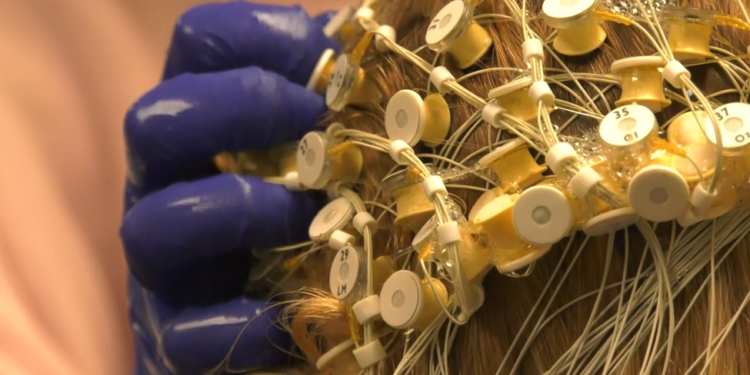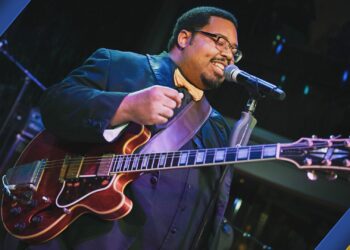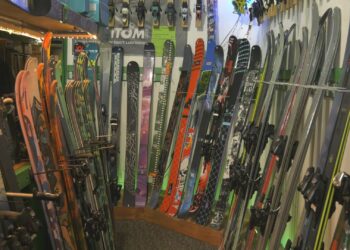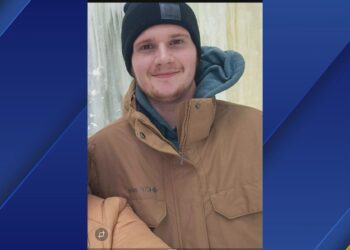MARQUETTE, Mich. (WZMQ) – Northern Michigan University recently received a grant to assist its advanced neuroscience research. An Electroencephalogram, or EEG, is a method of recording the electrical activity of the brain. Northern Michigan University recieved a little over $400,000 in grant dollars from the Instrumentation Award to Advance Neuroscience Research.
Dr. Joshua Carlson, director of the on-campus research lab commented that this new equipment not only allows for more data to be studied, but it’ll give students and researchers a rare opportunity to use this type of equipment.”There’s actually one piece of equipment like this across the globe, there are other places that have some of the components but that have both of the EEG systems and neural modulation there’s just one other,” explained Dr. Carlson.
There are about 25 labs worldwide with this integrated system, but when it comes to primarily undergraduate institutions Dr. Carlson notes that Northern is most likely the first. “We are able to offer really great experiences currently but this is going to elevate it quite a bit and offer an experience that isn’t offered to any other undergraduate probably,” continued Carlson.
The new equipment will also give researchers a chance to study the social aspects of human interaction. “It’s great to understand the brain as a solo entity but obviously most of our interactions on a day-to-day basis interact with people right. Having that interaction with two people will really help us learn about brain-related relationships in terms of other people,” commented EEG Research Coordinator Morgan Oja.
Having just a single cap, researchers are able to study practical tasks, however with the grant, NMU will acquire two high-density EEG systems with 256 electrodes each instead of the original 64 electrodes.”Problems you know like anxiety depression or just fear responses and stuff like that and these can really help us learn what that’s like in terms of other people and how our brains react in those kinds of situations with other people,” continued Oja.
The equipment is expected to be on Northern’s campus and ready for research purposes in the winter semester of next year.










